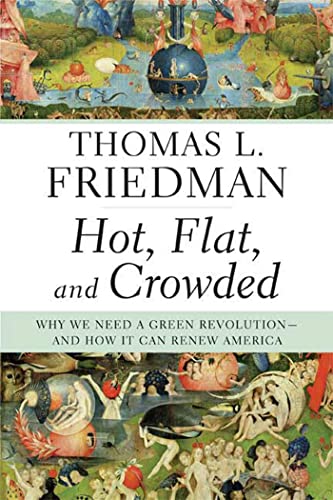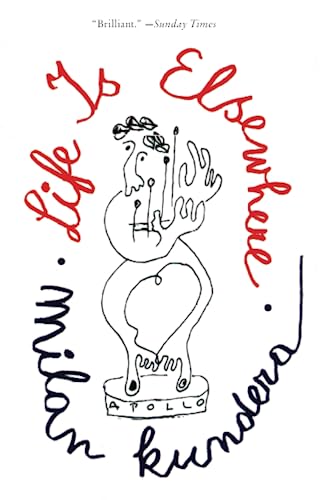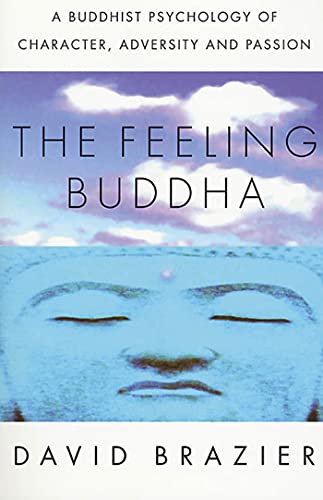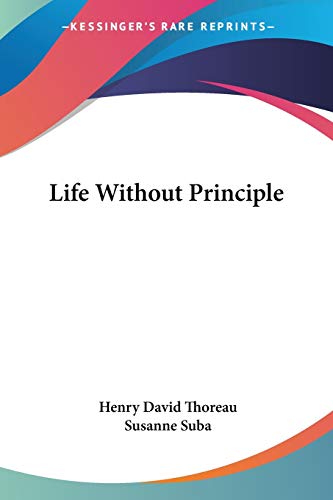Books You Should Read If You Have a Brain
Discover the must-read books for sharp minds! Explore our curated list of top books that challenge, inspire, and expand your intellect—perfect for anyone who loves to think.

Book
Hot, Flat, and Crowded
by Thomas L. Friedman
Examines America's loss of focus and national purpose since 9/11, and the global environmental crisis, and shows how the solutions to these two problems are linked.



Book
Discipline and Punish
by Michel Foucault
A brilliant work from the most influential philosopher since Sartre. In this indispensable work, a brilliant thinker suggests that such vaunted reforms as the abolition of torture and the emergence of the modern penitentiary have merely shifted the focus of punishment from the prisoner's body to his soul.








Book
The Lord of the Rings
by John Ronald Reuel Tolkien
In time for the golden anniversary of the arrival of part one of Tolkien's epic masterpiece on these shore comes a spectacular new edition of "The Lord of the Rings." The text is fully correctedQunder the supervision of Christopher TolkienQto meet the author's exacting wishes, and includes two large-format fold-out maps, a ribbon placemarker, and exceptionally elegant packaging. 0-618-51765-0$100.00 / Houghton Mifflin

Book
Next of Kin
by Roger Fouts
For 30 years Roger Fouts has pioneered communication with chimpanzees through sign language--beginning with a mischievous baby chimp named Washoe. This remarkable book describes Fout's odyssey from novice researcher to celebrity scientist to impassioned crusader for the rights of animals. Living and conversing with these sensitive creatures has given him a profound appreciation of what they can teach us about ourselves. It has also made Fouts an outspoken opponent of biomedical experimentation on chimpanzees. A voyage of scientific discovery and interspecies communication, this is a stirring tale of friendship, courage, and compassion that will change forever the way we view our biological--and spritual--next of kin.

Book
Manufacturing Consent
by Edward S. Herman
A "compelling indictment of the news media's role in covering up errors and deceptions" (The New York Times Book Review) due to the underlying economics of publishing—from famed scholars Edward S. Herman and Noam Chomsky. With a new introduction. In this pathbreaking work, Edward S. Herman and Noam Chomsky show that, contrary to the usual image of the news media as cantankerous, obstinate, and ubiquitous in their search for truth and defense of justice, in their actual practice they defend the economic, social, and political agendas of the privileged groups that dominate domestic society, the state, and the global order. Based on a series of case studies—including the media’s dichotomous treatment of “worthy” versus “unworthy” victims, “legitimizing” and “meaningless” Third World elections, and devastating critiques of media coverage of the U.S. wars against Indochina—Herman and Chomsky draw on decades of criticism and research to propose a Propaganda Model to explain the media’s behavior and performance. Their new introduction updates the Propaganda Model and the earlier case studies, and it discusses several other applications. These include the manner in which the media covered the passage of the North American Free Trade Agreement and subsequent Mexican financial meltdown of 1994-1995, the media’s handling of the protests against the World Trade Organization, World Bank, and International Monetary Fund in 1999 and 2000, and the media’s treatment of the chemical industry and its regulation. What emerges from this work is a powerful assessment of how propagandistic the U.S. mass media are, how they systematically fail to live up to their self-image as providers of the kind of information that people need to make sense of the world, and how we can understand their function in a radically new way.